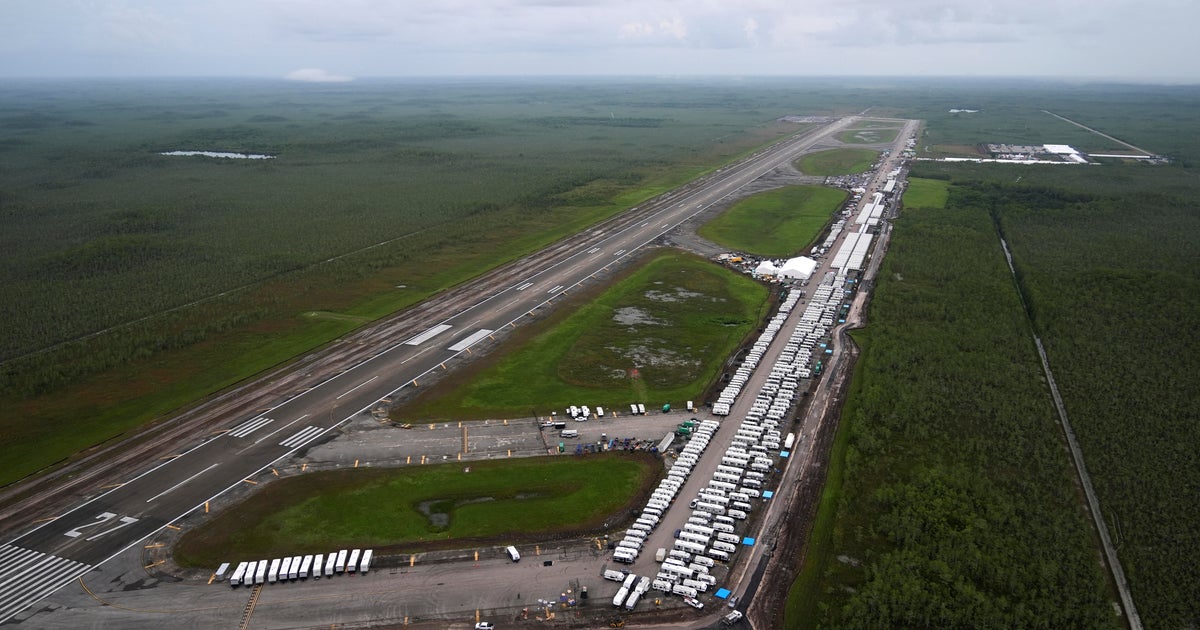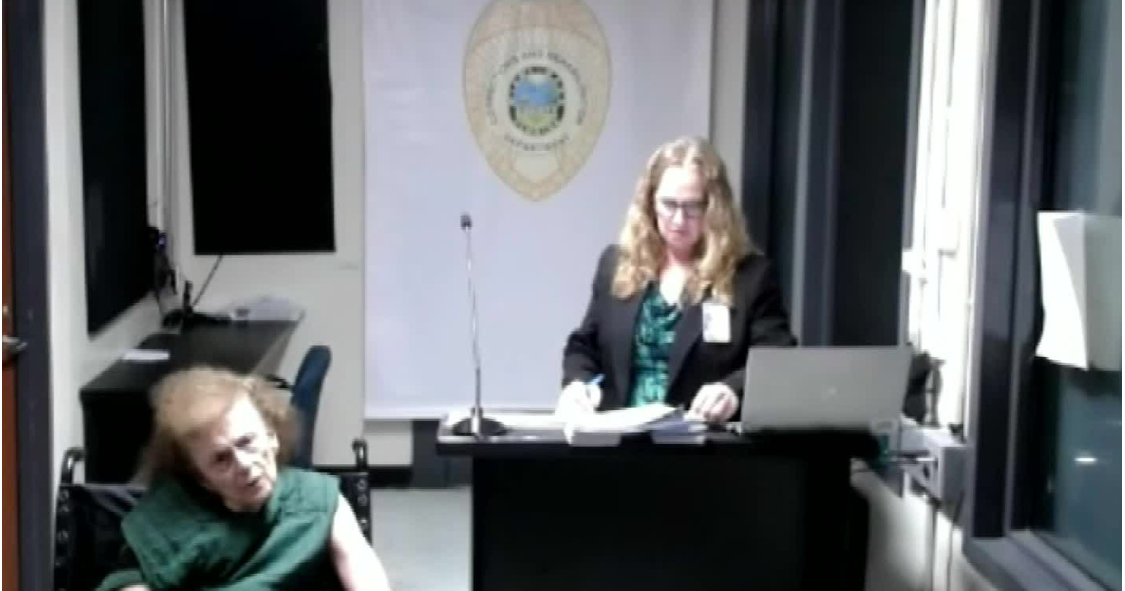The fate of “Alligator Alcatraz,” a controversial immigrant detention center deep in the Florida Everglades, remains uncertain after a federal judge said Wednesday she needs more time to decide whether the facility should be shut down for good.
Environmentalists and the Miccosukee Tribe are urging U.S. District Judge Kathleen Williams to issue a preliminary injunction halting operations and construction at the site, arguing it threatens sensitive wetlands and endangered wildlife. But Williams said she will not rule until the end of a temporary construction freeze, which expires Aug. 21.
Attorneys for the federal government and the state of Florida have not commented publicly since the proceedings began four days ago.
“Alcatraz” in a Swamp
Construction of the makeshift immigrant detention center could be halted indefinitely as the court considers whether the hasty development on protected wetlands violates federal environmental laws.
Last week, Williams ordered a two-week pause on additional construction while witnesses testify. The temporary order does not include any restrictions on law enforcement or immigration enforcement activity at the site.
The first phase of “Alligator Alcatraz” opened in July atop a lightly used, single-runway training airport. Fewer than 1,000 detainees were being held there as of last week, but the facility is designed to eventually hold up to 3,000.
President Donald Trump toured the facility last month and suggested it could be a model for future lockups nationwide as his administration races to expand the infrastructure necessary for increasing deportations.
Inside the compound’s large white tents, rows of bunkbeds are surrounded by chain-link cages. People held there say worms turn up in the food, toilets don’t flush and flood floors with fecal waste, while mosquitoes and other insects are everywhere. At times, the air conditioners abruptly shut off in the sweltering heat. Detainees are said to go days without showering or getting prescription medicine, and can only speak to lawyers and loved ones by phone.
The detention center has an estimated annual cost of $450 million, according to a public database. Gov. Ron DeSantis has said the remote Everglades location was intended as a deterrent to escape, much like the island prison in California that inspired its nickname.
Who runs “Alligator Alcatraz,” Washington or Florida?
Williams last week said the detention facility was, at a minimum, a joint partnership between the state and federal government.
Plaintiffs presented witnesses Wednesday and Thursday who testified that the facility violates the National Environmental Policy Act, which requires federal agencies to assess the environmental effects of major construction projects.
Environmental groups and the Miccosukee Tribe say the project threatens environmentally sensitive wetlands that are home to protected plants and animals, undermining billions of dollars in Everglades restoration efforts.
Attorneys for the state and federal governments argue that although the facility holds federal detainees, its construction and operation are entirely under the state of Florida, meaning federal environmental review requirements do not apply.
They also asked the court to dismiss or transfer the injunction request, claiming the lawsuit was filed in the wrong jurisdiction. Williams has not ruled on that request.
Witnesses describe environmental threats
Witnesses for the plaintiffs testified that at least 20 acres of asphalt have been added to the site since the Florida Division of Emergency Management began construction. They warned that additional paving could increase water runoff into nearby wetlands, spread harmful chemicals into the Everglades, and reduce habitat for endangered Florida panthers.
Marcel Bozas, director of the Miccosukee Tribe’s fish and wildlife department, said tribe members rely on hunting and fishing for subsistence and cultural practices. He warned that sustained human activity could drive away game animals and protected species.
State official says Florida runs center
David Kerner, head of the Florida Department of Highway Safety and Motor Vehicles, testified that Washington does not dictate where Florida detains immigrants. He said the Everglades facility was built to ease overcrowding at other detention centers.
Kerner couldn’t say how many of the “Alligator Alcatraz” detainees have been charged with violent crimes or whether any other sites besides the middle of the Everglades were considered for possible detention centers.
Facility faces a second legal challenge
The detention center is also the target of a separate lawsuit. Over the weekend, a federal judge gave the state until late September to respond to a request for class-action status in civil rights litigation.
That lawsuit alleges constitutional violations, claiming detainees are barred from meeting lawyers, are being held without charges, and have had bond hearings canceled by a federal immigration court.
The legal battles come as DeSantis’ administration appears to be moving forward with plans for a second immigration detention center at a Florida National Guard training site in north Florida.




12 thoughts on “Judge delays ruling on”
Comments are closed.